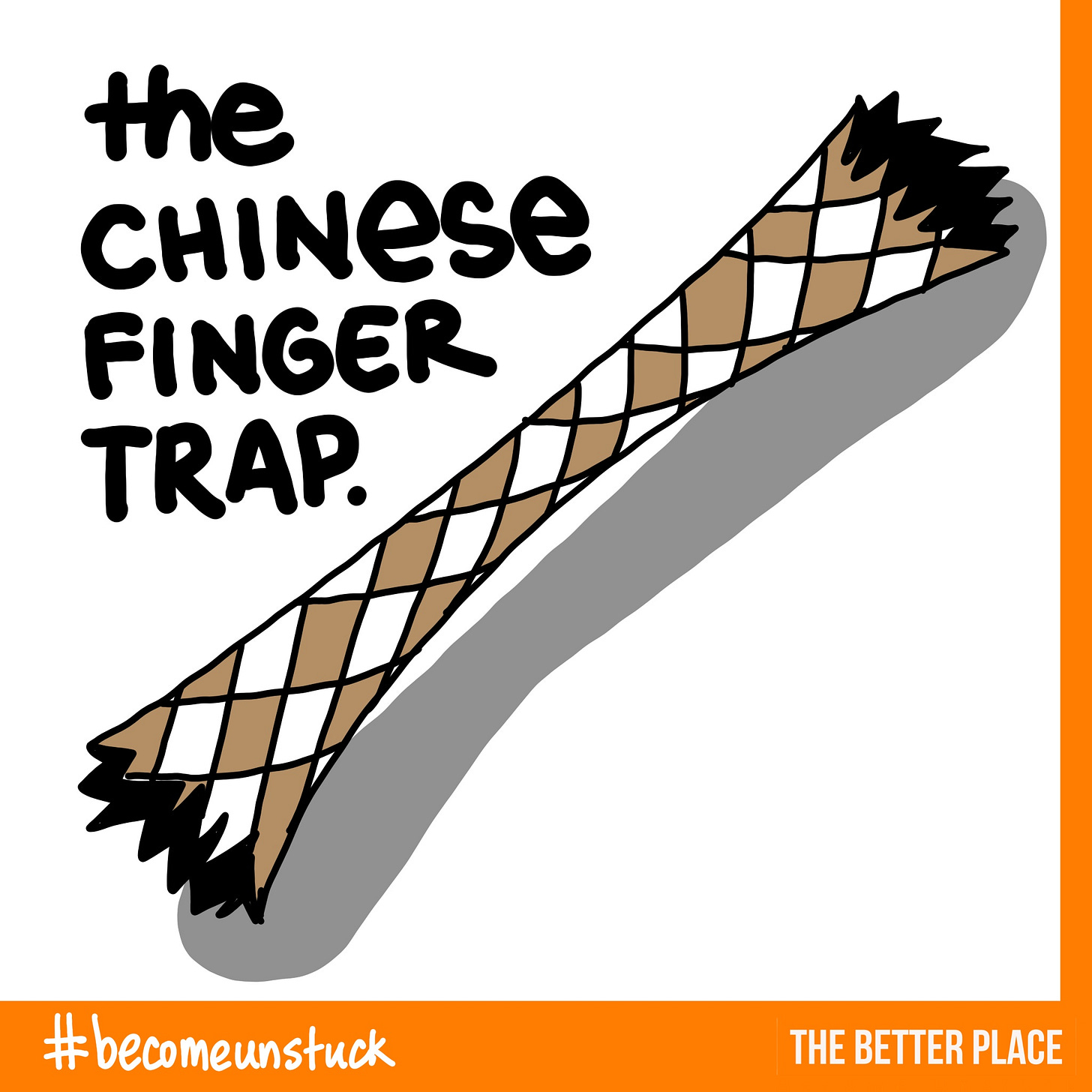Imagine two tribes.
Tribe A and Tribe B.
Throughout history, Tribe A has always loved eating apples. When their community is hungry, apples are their go-to choice.
Tribe A consumes apples exclusively through a juicer. They place apples into this juicer, turn them into juice, and drink it to avert a crisis.
Now, for all of history, Tribe B has had a deep love for apples. When their community is hungry, apples are the go-to choice.
The only way Tribe B consumes apples is in slices. They cut apples, eat them, and voilà, the crisis is averted.
The problem arises when someone from Tribe A and someone from Tribe B meet. This often occurs in places of employment, such as the military, corporations, or local businesses.
When situations become tense and people don't feel heard, we revert to our tribal tendencies. Arguments ensue, and it's easy to start focusing on our differences.
"You said this!"
"You're a (insert insult)."
"You'll never understand…"
Things continue to pile on, and we get nowhere. Have you noticed the crucial factor in all of this?
We're all hungry! We all eat apples!
We all deal with traffic, headaches, frustrating phone calls with family, watching our favorite sports teams lose, and even experience unhappiness when we miss our goals. But we don't often remember these similarities. We tend to look at the differences and focus on them instead of asking questions to discover our similarities.
Studies show that improving relationships at work and across cultures involves finding these similarities, not the differences.
The (Chinese) Finger Trap serves as a small reminder of this significant idea.
Using the finger trap means that when we put two fingers in it, they become stuck. Every time we pull our fingers away from each end, the finger trap tightens, making release difficult. We pull harder, and there's more restriction. That's what the finger trap is all about.
The solution is to bring our fingers together. That's when we find release.
This is how we solve these diversity issues.
We become interested in those similarities.
We must find common ground and remember that we all deal with traffic and know what it's like to have headaches.




